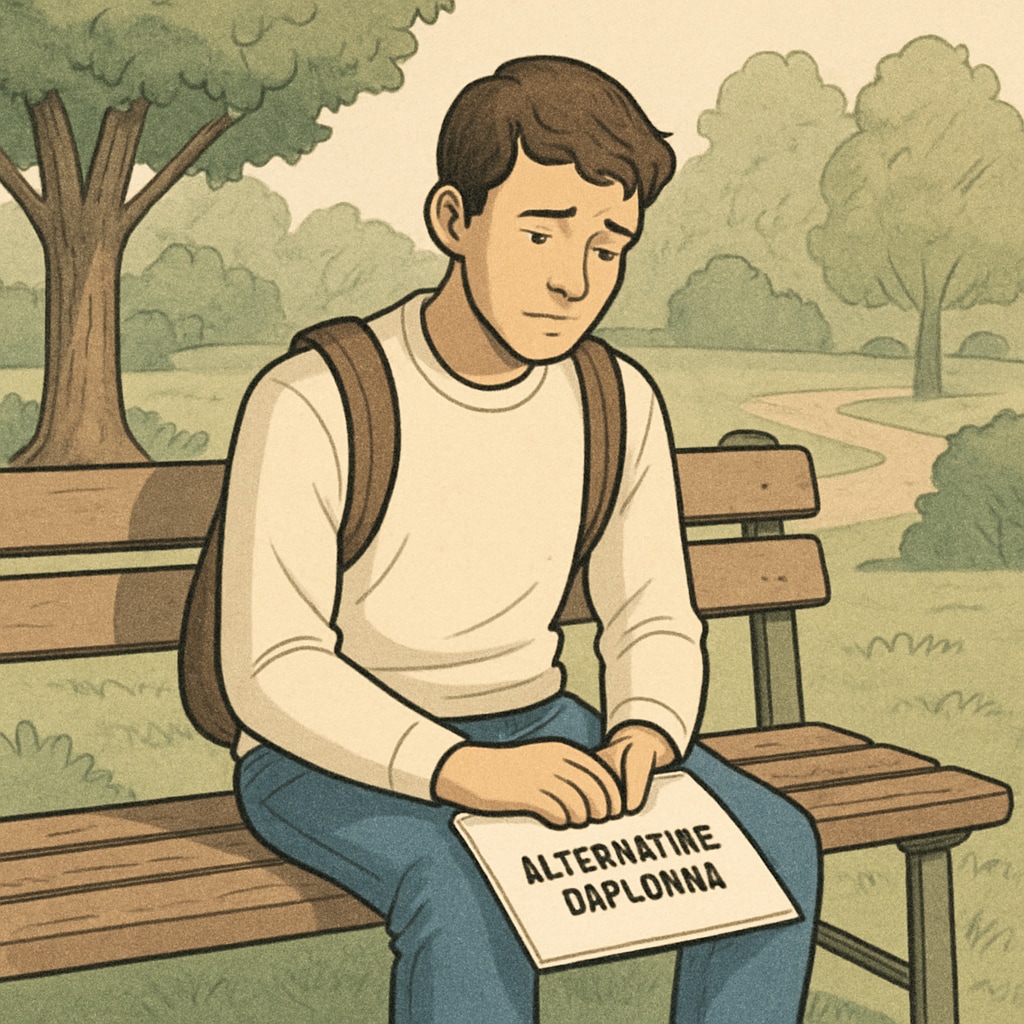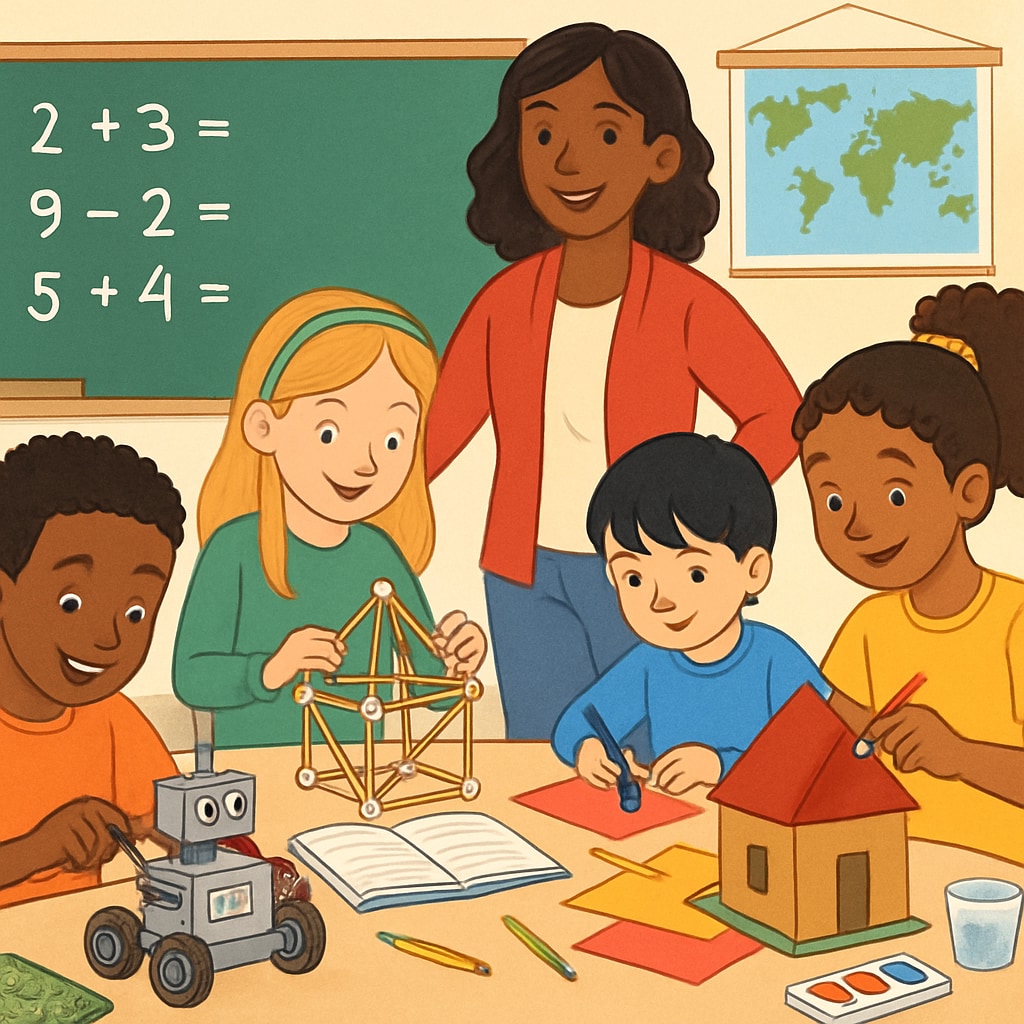For many students, graduating high school is a significant milestone, but for those who obtain an alternative diploma, this achievement can come with mixed emotions. The feeling of regret, lingering doubts about self-worth, and the societal stigma surrounding non-traditional educational paths often weigh heavily on their minds. However, it’s important to understand that an alternative diploma does not define a student’s potential. By exploring the limitations of the current education system and embracing opportunities for growth, students can rewrite their narratives and redefine their own value.
Understanding the Psychological Weight of an Alternative Diploma
Students with alternative diplomas often face a unique set of challenges. These diplomas, often referred to as modified or adjusted high school diplomas, are typically awarded to students who complete non-standard programs. While they signify a level of accomplishment, societal perceptions can create a sense of inadequacy. For many, this leads to regret, as they compare themselves to peers who followed traditional academic routes.
The psychological impact can be profound. Students may struggle with questions about their identity and worth: “Did I fail to meet expectations?” “Will this limit my future opportunities?” These doubts are compounded by a rigid education system that prioritizes conventional metrics of success, such as standardized test scores and traditional diplomas.

Reexamining the Educational System’s Limitations
The challenges faced by students with alternative diplomas highlight broader issues within the education system. Traditional evaluation methods often neglect diverse learning styles, individual circumstances, and non-academic talents. This one-size-fits-all approach leaves little room for students who may excel outside the standard framework.
For example, many students who pursue alternative diplomas do so due to personal circumstances—such as family obligations, health challenges, or learning differences. Instead of recognizing these as signs of resilience and adaptability, the system often labels these students as underachievers. This creates a cycle of self-doubt and societal bias that can be difficult to overcome.
It’s worth noting that education reform advocates have long called for changes to this system. Organizations such as Edutopia emphasize the importance of personalized learning and holistic evaluation methods. By shifting focus from rigid academic benchmarks to individual growth, the education system can better support diverse student needs.

Redefining Personal Value and Embracing Growth
While systemic changes are necessary, students can take proactive steps to change their perspectives and create new opportunities. Here are some strategies for redefining personal value:
- Focus on Strengths: Identify and develop your unique skills. This could be in areas like creativity, leadership, or technical expertise.
- Seek Further Education: Consider community colleges, vocational training, or online courses. These options allow you to build new qualifications and expand your horizons.
- Set Personal Goals: Achievements don’t have to align with traditional metrics. Define what success means to you and work toward it.
- Connect with Mentors: Seek guidance from educators, counselors, or professionals who can provide support and advice.
- Challenge Societal Bias: Advocate for yourself and others by sharing your story and breaking down stereotypes.
Taking these steps can help students move beyond the perceived limitations of an alternative diploma. Success is not defined by a single piece of paper but by the determination to grow and achieve personal fulfillment.
Moving Forward: A Journey of Transformation
Regret over an alternative diploma is understandable, but it doesn’t have to be the end of the story. By confronting the stigma, exploring new opportunities, and redefining their own worth, students can transform their educational journeys into stories of resilience and success. The key is to focus on growth and to remember that education is a lifelong process, not a single moment in time.
As society continues to evolve, so must our understanding of education. It is up to individuals, educators, and policymakers to create a system that values every learner’s journey, regardless of the labels they carry. Only then can we truly honor the diverse potential of all students.
Readability guidance: This article balances short paragraphs with lists to ensure clarity. Active voice and transition words are used throughout to maintain a smooth flow. Educational reform and personal strategies are presented to inspire hope and action.


